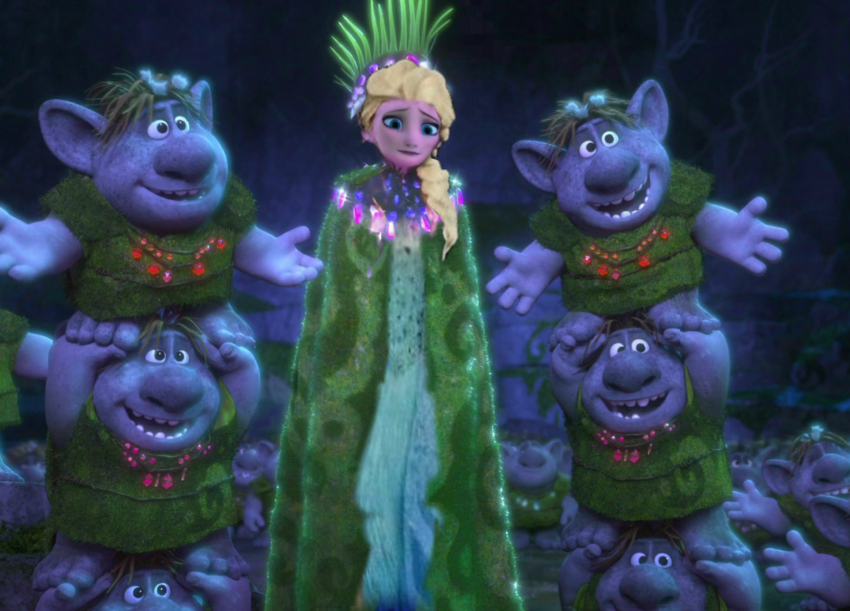Couples Therapy and the classroom

Recently I’ve been watching Couples Therapy, a documentary about the work of New York psychoanalyst Dr Orna Guralnik.
It might seem weird to enjoy watching people in relationship crisis, but it feels less like schadenfreude and more like a mixture of empathy and admiration. Here are people at their most human, willing to expose all of their vulnerabilities, their confusion and anger, the maddening minutiae of their married life, in order to make it work.
And thereby go the rest of us. Watching, I thought of philosopher Alain de Botton’s advice for a first date, which is to dispense with the idea of meeting a perfect partner by making your opening question: ‘what kind of crazy are you?’ Maybe the trolls in Disney’s Frozen also had it right: encouraging Anna to look past the oddities of the reindeer-loving Sven. Everyone’s a bit of a Fixer-Upper. And the Couples Therapy patients were brave enough to be fixed-up on camera.
What struck me most was perhaps an obvious point about communication. Each couple’s ‘presenting issue’ was often wrapped up in an angry cloud of righteousness. Sometimes complaints about a partner flowed out in a train of vitriol. Other times the emotional load produced only fragments, sentences started but not finished, words grasped for and lost.
Orna’s brilliance was to listen to the noise, and the gaps in between, and to catch something. To find the thread and pull on it. And it was beautifully, firmly, but tenderly done. Sometimes Orna repeated what she had heard, a validating, comforting statement: ‘that was hard for you’. Sometimes she added a word on the end of a sentence to draw it out: ‘you’re upset because…?’, ‘you need that so….?’
And her patients responded with more. Not much, but enough to open something up. Another fragment to piece together the story behind a complex emotional picture.
It might seem a leap to make the link to my History classroom, but all we do all day as teachers is try to communicate. I’m sure that some students feel as blocked and barriered in an academic space as those couples sharing their personal life on Orna’s couch.
So recently I’ve found myself channelling Orna’s gentle coaxing. I’ve avoided jumping in too soon to teacher-summarise a student’s contribution. I’ve nodded and validated, made my genuine interest obvious, holding back to see what might emerge. I’ve added the ‘so…?’ and ‘because..?’ as invitations to go further and deeper with a fledgling idea. Sometimes I’ve just said, ‘tell me more’.
I’m used to the risk now that there will be nothing more; in 25 years of teaching I’ve looked at plenty of blank faces when a discussion has run its course. But what’s the worst that can happen if we wait that moment longer, probe just a little deeper? Often there is something; a last hand will go up to share a thought that has been percolating, something that needed the invitation and the pause.
Even if students just repeat their original answer, at least they have held the floor for a moment longer. Their place in this discussion has been validated, their belonging in this space confirmed.
When Orna’s patients left they hadn’t been healed but they had been heard. Finding your voice, I’m sure, can be a lifetime’s work. But there is an opportunity every day for us to help students cultivate theirs, to try it out, to see what happens when we reach for more.
Maybe I won’t change careers just yet, but at least I can ask the questions.



Leave a Reply